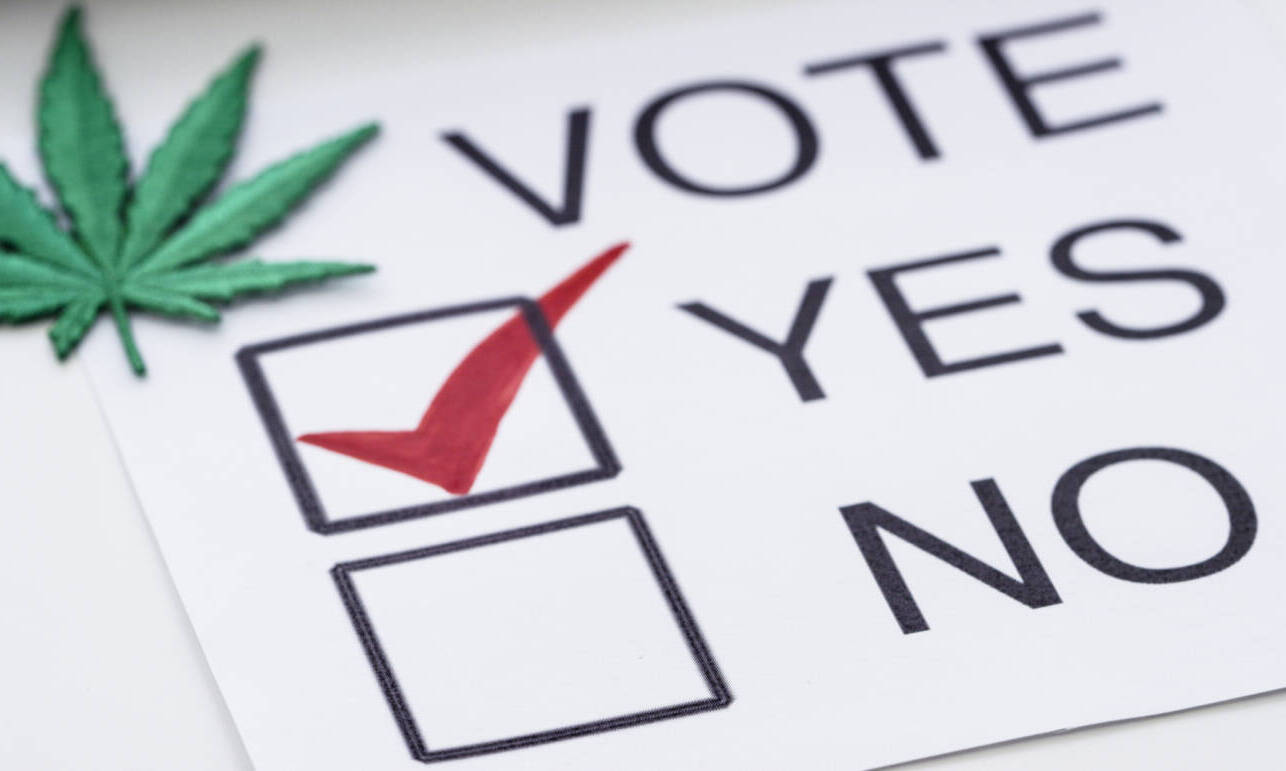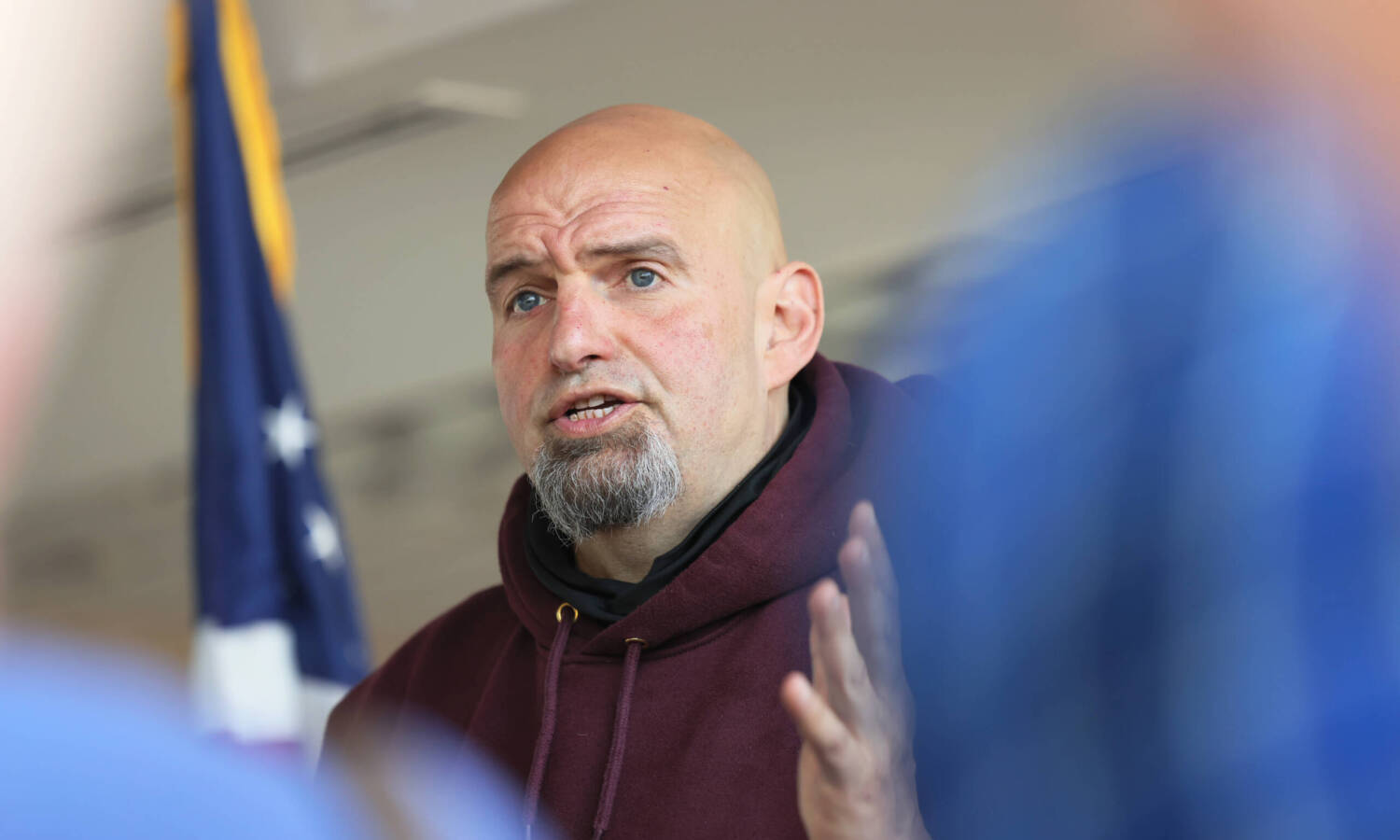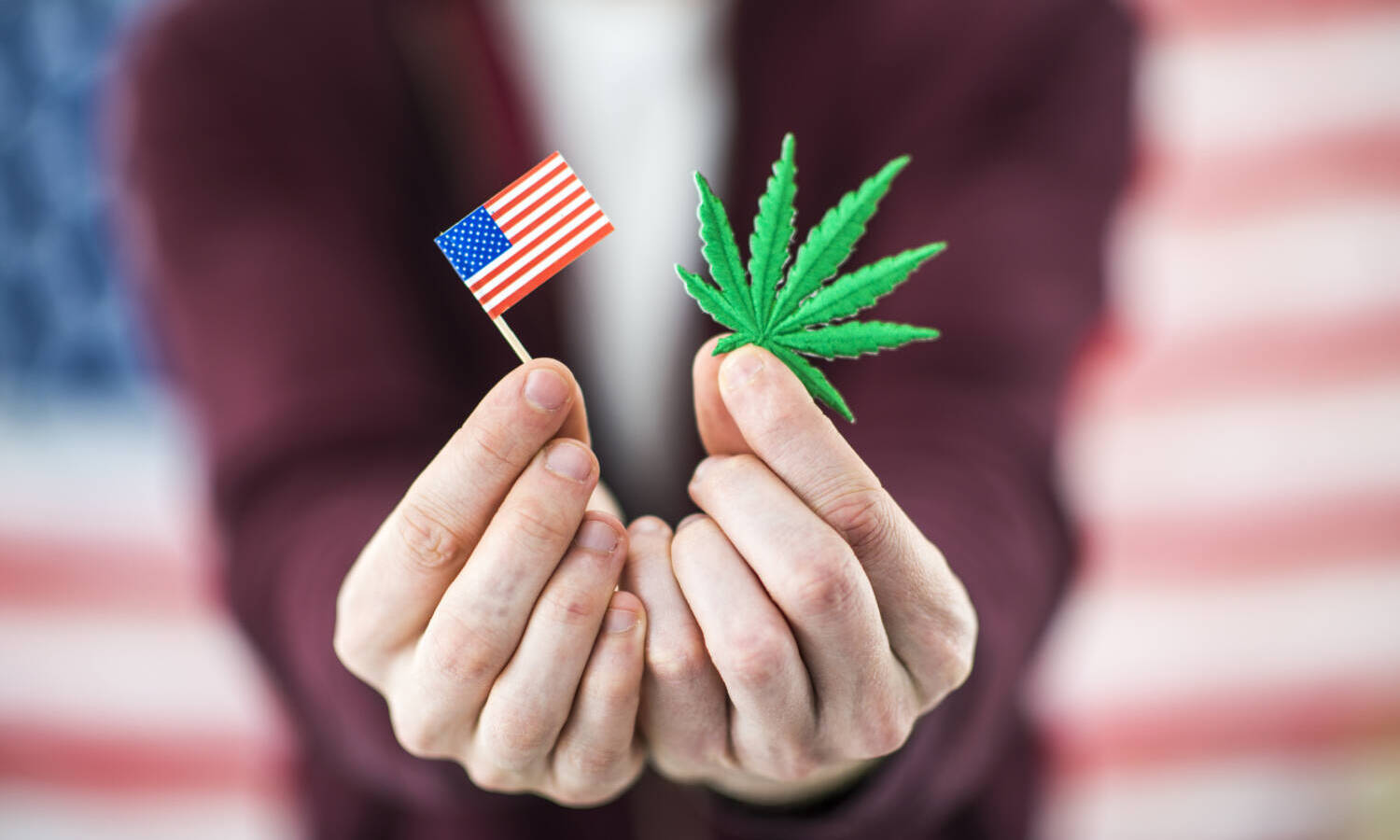There are many more tight races, and several more states whose marijuana legalization may depend on election night outcomes in November.
The midterm primary season is officially in full swing. Several major races have already concluded, and there is a lot to unpack when analyzing the outcomes and the margins of victory.
Several states that have not legalized marijuana for recreational use, or for any use, now have their official candidates for the November election. There are both incumbents who likely offer little change to current policy, and newcomers who may completely shift the trajectory of marijuana policy in their states.
Here are some noteworthy highlights from the states that have already decided their primary elections, and how they may affect the future of cannabis.

Texas
Texas can’t seem to stay out of the news these days when it comes to many current political issues. Marijuana is no exception. While the conservative Texas Governor Greg Abbott won his primary by a huge margin, he now faces a worthy adversary in Democratic opponent Beto O’Rourke.
O’Rourke also won his primary by a large margin, and unlike Abbott, is a huge proponent of marijuana legalization. According to his campaign website, “When I’m governor, we will legalize marijuana and expunge the records of those arrested for marijuana possession.”
While Texas almost always leans Republican, O’Rourke is likely to give some of the toughest competition the Republicans have seen in recent history. If he pulls an upset, the trajectory of marijuana legislation in the state could completely shift.

Austin Votes To Decriminalize Weed
An overwhelming 85% of voters in Austin supported a measure to decriminalize marijuana. The ordinance, which will become law, will prohibit Austin police officers from issuing citations or make arrests for Class A or Class B misdemeanor possession of marijuana offenses, except for limited circumstances.
RELATED: Beto O’Rourke: ‘Republicans Like To Get High Just As Much As Democrats’
This measure may only change laws in Austin, but don’t forget Austin is the Texas capital. Changes like this may spark debate, and may bring the issue to the main stage during the general election.
Pennsylvania
The Senate Republican primary may have been too close to call, but Democratic primary was a landslide victory for John Fetterman.
Fetterman has been very outspoken about being an advocate for marijuana legalization. Some are pointing to his victory as a message that states, and American’s in general, are eager for marijuana legalization.

RELATED: Sen. Candidate John Fetterman: ‘It’s High Time We Get Our Sh*t Together And Legalize Weed’
“John’s overwhelming victory in the primary should send a message to candidates of all political persuasions across the country,” said NORML PAC Executive Director Erik Altieri. As the Republican race heads to an uncertain recount, and with Fetterman emerging as a formidable contender, Altieri believes this victory sends a message to the establishment to, “get on the right side of history or lose to someone with the courage of their convictions.”
Other Races To Watch
Ohio Senate Race
The Republican primary victor, and bestselling author of “Hillbilly Elegy” J.D. Vance will face off against Democratic congressman Tim Ryan. While Vance has not been outspoken about cannabis legalization, Ryan has. Ryan is in favor of marijuana legalization and also voted in favor of the MORE Act.
North Carolina Senate Race
Many eyes are on the North Carolina Senate Race, as the current senator, Richard Burr, is retiring. The Democratic primary winner, Cheri Beasley, would be the first black woman to serve as senator in North Carolina. Beasley also said “It’s past time we legalize & regulate cannabis in NC,” on Twitter.
It’s past time we legalize & regulate cannabis in NC. Taking this action will strengthen our economy, help family farms, & reform criminal justice.https://t.co/HpxyV8h1bh
— Cheri Beasley (@CheriBeasleyNC) July 11, 2021
The primary calendar is filled with elections sprinkled throughout the next few months. There are many more tight races, and several more states whose marijuana legalization may depend on election night outcomes in November.


